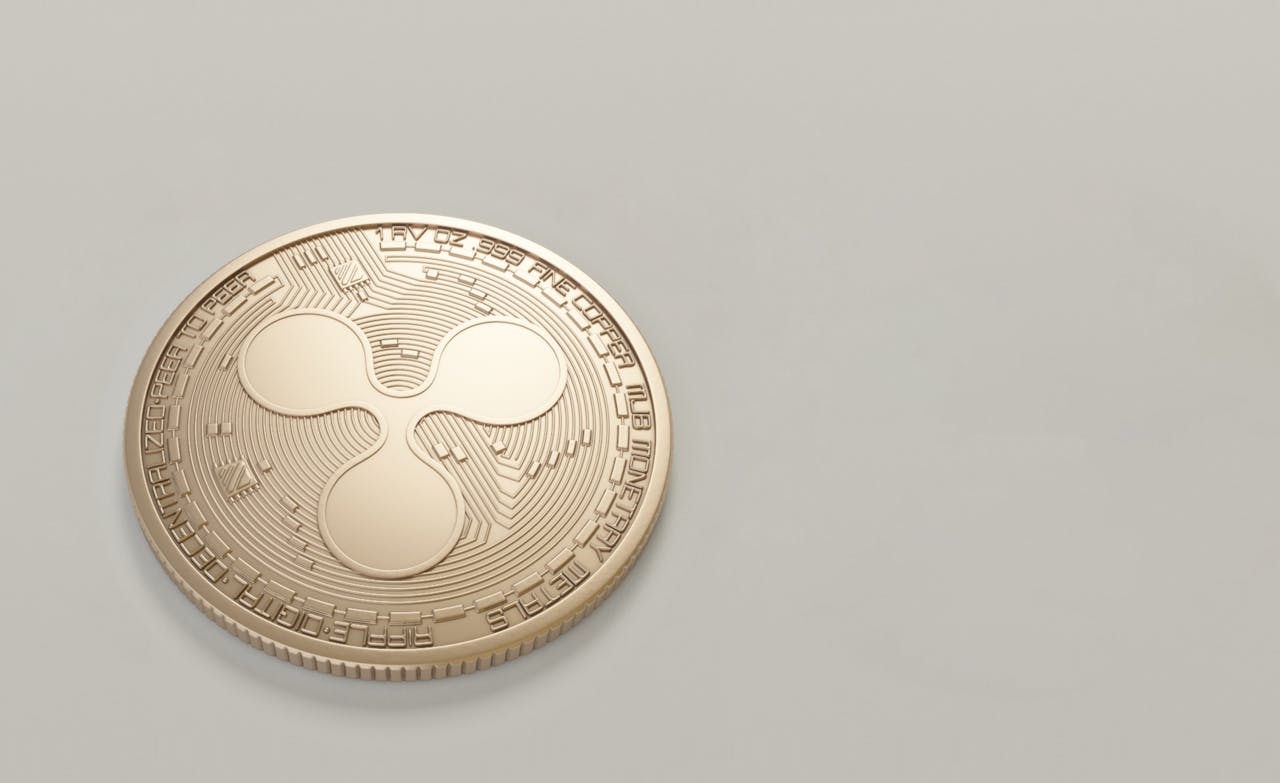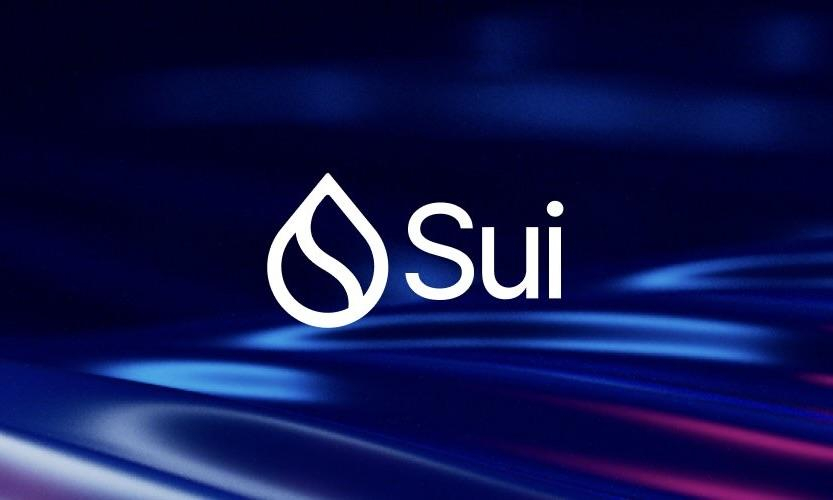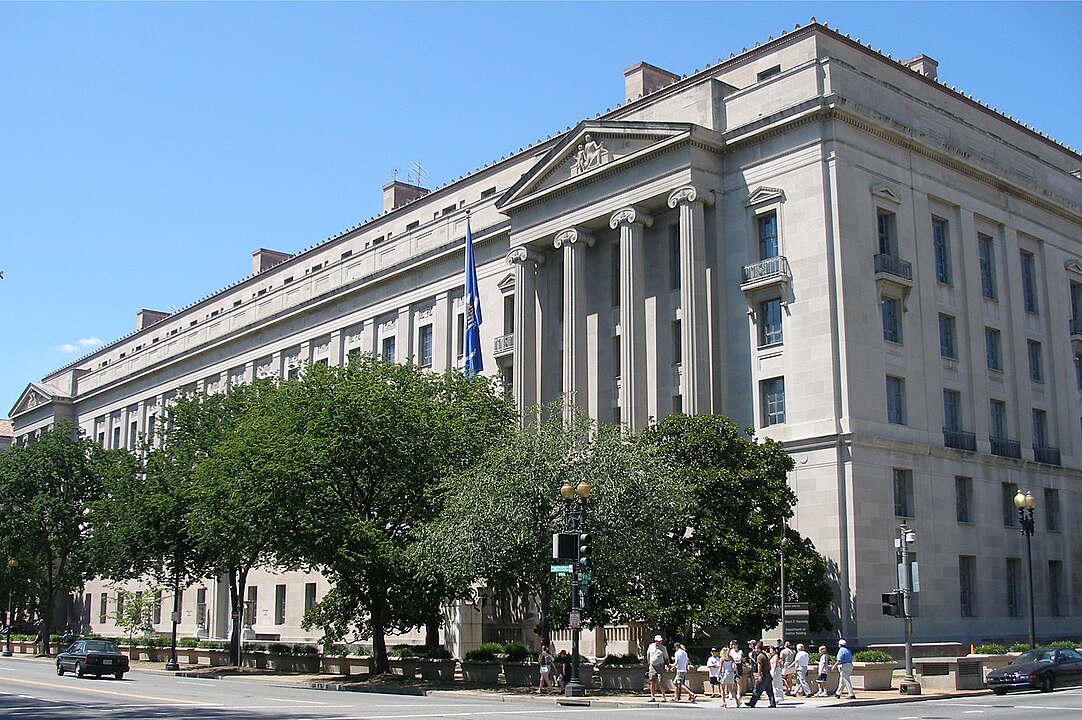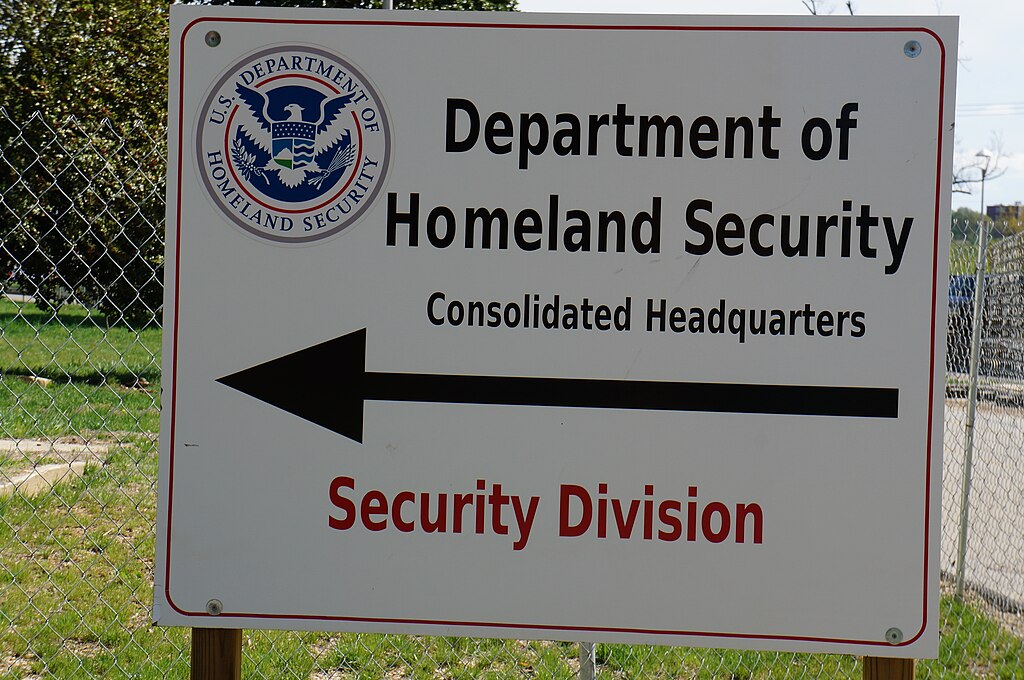South Korean crypto exchanges are now making changes to the list of available coins for trading on their platforms. Recent reports say that some exchanges have halted the trading of some high-risk coins this week to comply with stricter rules in the industry.
According to a report by the local publication Arirang, 11 out of the 20 crypto exchanges that have obtained Information Security Management System (ISMS) certification, have either temporarily halted or completely suspended the trading of some cryptocurrencies deemed to be high risk. Meanwhile, others have released a list of coins that they say customers should be cautious of.
For instance, Upbit has decided to delist the coins Maro, Paycoin, Solve.Care, Quiztok, and Observer from the platform. Huobi Korea stopped the trading of the Huobi token while Coinbit suspended the trading of 8 coins while place 28 coins on its warning list.
Suspending the trading of coins is quite common in the industry. However, experts interpret the recent delisting by crypto exchanges as an attempt to meet new requirements to gain government approval.
Last month, the government chose the Financial Supervisory Services (FSS) as the main agency responsible for overseeing South Korea’s crypto market. Platforms that wish to continue their operations in the country are now required to register with the FSS.
One of the requirements for registration is that crypto exchanges need to open real-name bank accounts for their customers and partner with local banks. However, many financial institutions are reportedly reluctant to partner with crypto platforms as they fear they might be held liable for money laundering offenses related to cryptocurrency transactions, according to Bitcoin.com.
In fact, only four of the country’s biggest crypto exchanges - Upbit, Bithumb, Coinone, and Korbit – have established partnerships with commercial banks to implement the real-name account system.

























Comment 1